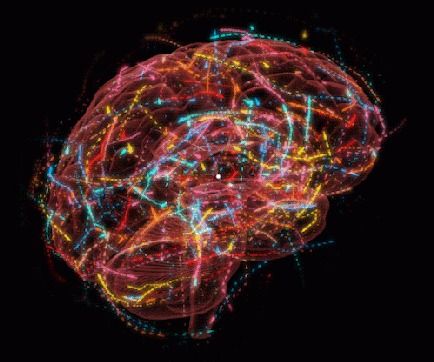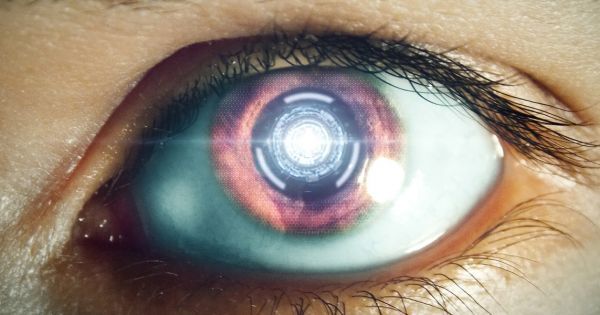
My answer probably won’t be popular, but it will be verifiable with licensed psychometricians. There is currently no job known that can’t be done by someone with an IQ of at least 135. That is the Wonderlic occupational cutoff for theoretical physics and philosophy, the two occupations with the highest IQ minimum at this stage. Secondly, when Nobel Prize winning scientists (literary and peace laureates were ignored) at my alma mater U.C. Berkeley were tested for IQ (it had something to do with a eugenics sperm donation program that ultimately floundered), it was discovered they didn’t necessarily have “genius IQs” (IQs at or beyond 140). For instance, Nobel Prize winning biologist James Watson only scored 130-ish (and that was a childhood score, so his adulthood score was likely lower). Yet, some of their peers without Nobel Prizes did have astronomical scores. Thirdly—and I’ll go into more detail below—IQ scores above 135 aren’t particularly reliable. So it very well could be one person scoring 135, 157, and 162 on different tests.
Consequently I would say the answer to all your example questions is: “It’s a crap shoot”
Some additional trivia that may be useful later on for you: Because of the way intelligence tests are normed, test scores beyond a certain range (some psychometricians say it is anything beyond 136 to anything beyond 145, depending on who you ask) aren’t particularly reliable. An adult with a score of +135 on legitimate IQ tests will likely routinely score that high on other legitimate IQ tests they take. But it may be 140 on one test, 165 on another, and so on. However, I can all but guarantee such a person will only mention their highest score from all the IQ tests they’ve taken (legitimate or not). When I hear someone go on and on about their 180 IQ or whatever, almost invariably it’s someone talking about their personal best, not their average, and probably not their average exclusive to IQ tests recognized by the APA as legitimate.
Continue reading “What intellectual difference is there between IQ scores of 135, 157, and 162?” »


















